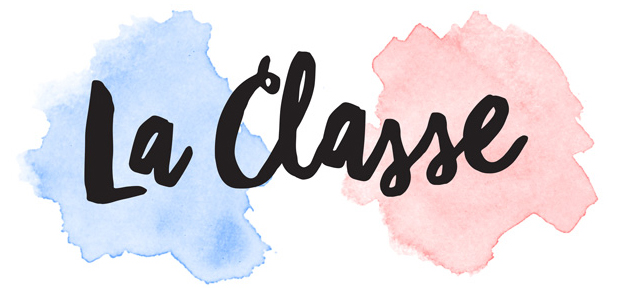Being fluent in French means you can easily speak and understand the language. You can engage in conversations without struggling to find words and clearly understand spoken French, even when it's delivered quickly. You’ll also be able to read French texts with ease.
In this article, we’ll explore what it takes to achieve fluency and look at practical strategies to help you progress in French whether you’re just starting or aiming to refine your skills.
How Long Does It Take to Become Fluent in French?
The time it takes to learn and speak French fluently varies depending on several factors: your current level of French, how much time you can dedicate to studying each day, and your learning style. Here's an overview of what to expect based on your starting point:
Complete beginner:
If you’ve never learned French before, it may take 2 years or more of regular study to reach a lower intermediate conversational level. First, you’ll be learning the basics of French grammar, memorising everyday vocabulary, and improving your pronunciation. You might use beginner-friendly learning programs, and/or take one-to-one lessons with a teacher. You’ll start with simple greetings, common phrases, and sentence structures to introduce yourself, ask and answer basic questions, and have short conversations on familiar topics.
Time of study required to reach Level A1: 60 hours
Time of study required to reach Level A2 after A1: 100 to 120 hours
Prior knowledge of French:
If you have some prior knowledge of French—perhaps from high school classes or self-study—you can reach a lower intermediate conversational level in about 12 to 18 months with consistent practice. At this stage, you'll be able to understand conversations on everyday topics spoken at an average speed. You’ll also be able to communicate clearly on familiar subjects and read simple French texts. To progress, consider taking an intermediate-level conversation class and practise speaking with native speakers if possible.
Time of study required to reach Level B1 after A2: 150 to 200 hours
Reaching advanced fluency
Reaching advanced fluency where you can comfortably discuss complex topics and understand nuanced conversations, requires a longer commitment—typically 3 to 5 years or more of continuous study and practice. You’ll work on expanding your vocabulary, mastering advanced grammar, and deepening your understanding of French culture and history. This might involve taking advanced classes, being part of a French book club and reading complex French literature, watching French movies and TV shows without subtitles, and spending time in a French-speaking country.
Time of study required to reach Level B2 after B1: 180 to 220 hours
Time of study required to reach Level C1: 200 to 260 hours after B2
Time of study required to reach Level C2: 200 to 300 hours after C1
The Common European Framework of Reference for Languages (CEFR)
Additional Factors Influencing Fluency in French
Beyond the time you dedicate to studying, there are other factors to consider that can affect how quickly you become fluent in French:
Motivation:
Having a clear objective for learning French can significantly boost your motivation. Whether it's connecting with family members in France, travelling to French-speaking countries, or pursuing career opportunities, a strong motivator will help you stay committed during challenging times.
Learning Style:
Some people learn best in a classroom setting with a teacher, while others prefer to study independently with online resources, or textbooks. It’s highly recommended to combine both individual practice and lessons with a teacher, as they can guide you, provide structure, and correct mistakes to help you progress more efficiently.
Prior Language Experience:
If you already speak another Romance language, such as Spanish, Italian, or Portuguese, you may find learning French easier. These languages share many similarities in vocabulary and grammar, giving you a head start.
Specific Learning Needs:
For learners with specific needs, such as dyslexia or ADHD, tailored strategies and tools can make a significant difference in the learning process. Working with a teacher experienced in supporting diverse learning profiles can help address challenges, boost confidence, and ensure steady progress. Incorporating multi-sensory techniques, customised resources, and flexible pacing can further enhance your learning experience.
Speaking practice:
Practising with language partners is a great way to improve your spoken French, especially with native speakers who can offer valuable cultural insights. Family, friends, or neighbours who speak French can be excellent resources. However, conversations with a teacher can be even more effective. Teachers not only provide regular speaking opportunities but also have the expertise to patiently correct mistakes, explain grammar, and guide you with a deeper understanding of the language. Consider online French lessons to get personalised feedback. Remember, fluency is a journey, and with consistent practice, you'll make remarkable progress.
Conclusion
Becoming fluent in French requires time and dedication, but with consistent effort, anyone can do it. The pace at which you learn depends on how much French you already know, how much time you can devote to studying, and how you prefer to learn. Experiment with different methods and stay focused on your goal: communicating in French. Enjoy the learning process and celebrate your progress along the way!





